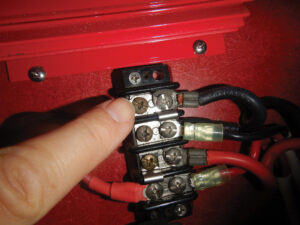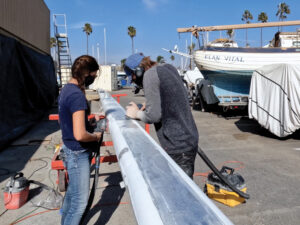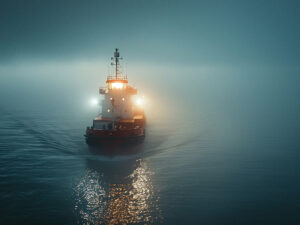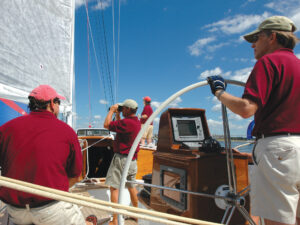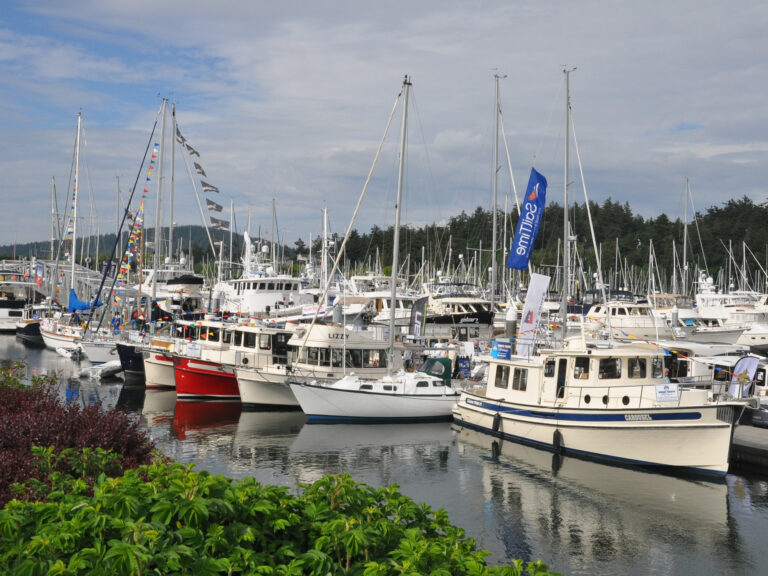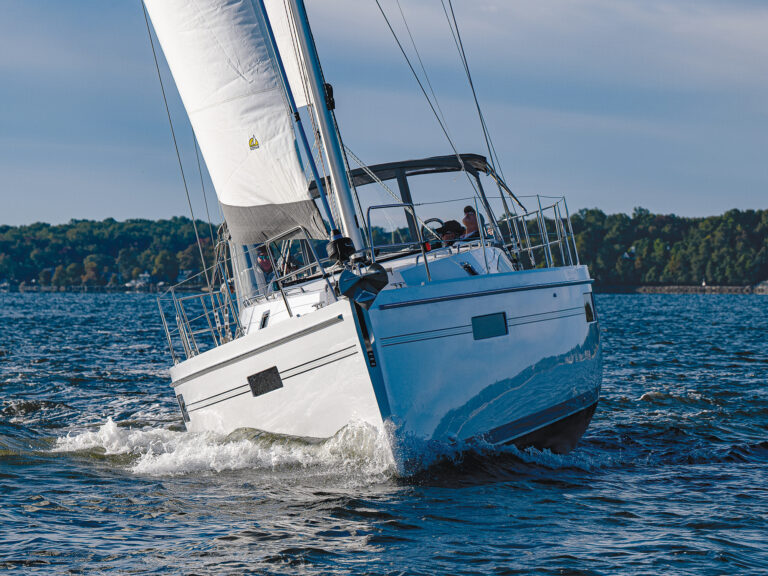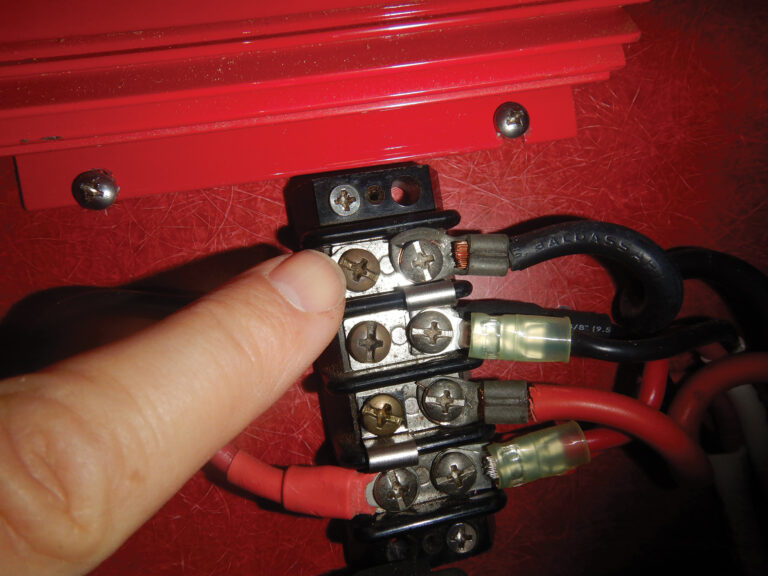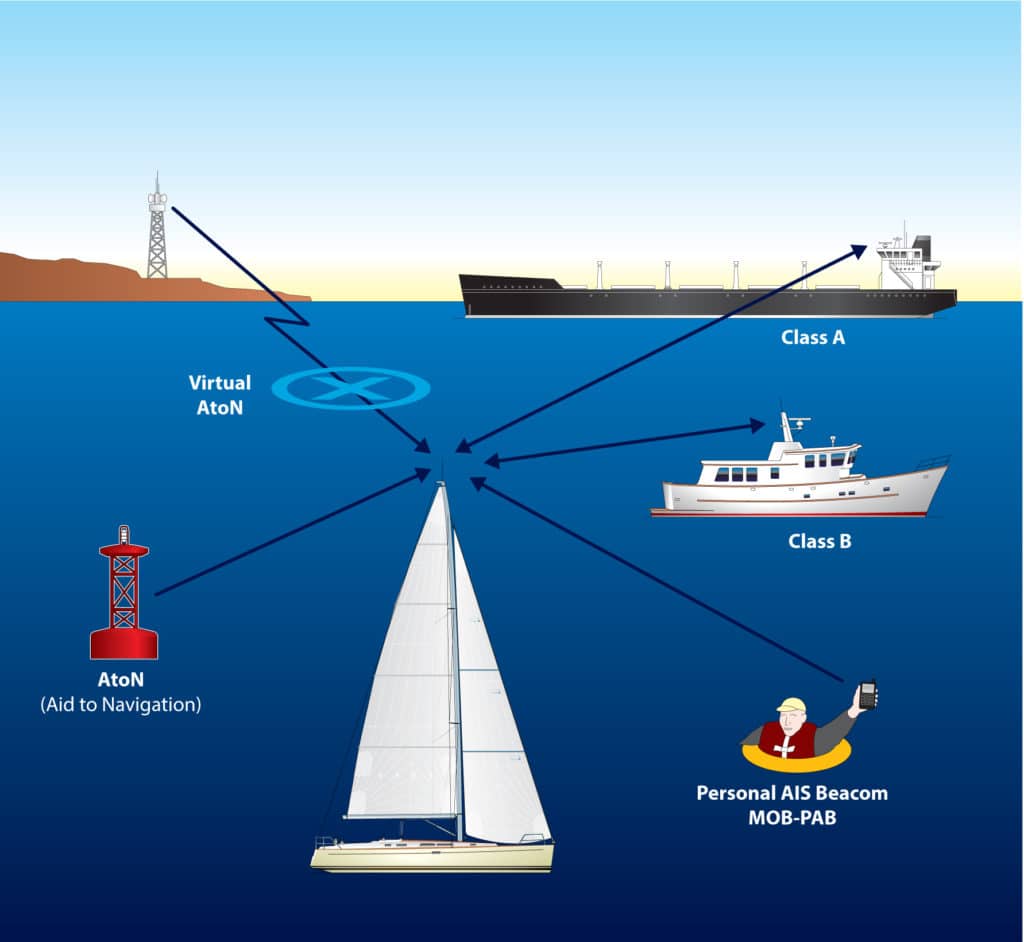
The Cruising Club of America (CCA), in its continuing efforts to aid mariners who are passionate about offshore sailing, has published a paper on how to choose and install an Automatic Identification System (AIS). The paper is available to all boaters via PDF download from the CCA website, here.
“This paper is a detailed review of the AIS options available to boaters,” said Frank Cassidy (Union, Maine) who authored the in-depth paper on behalf of the CCA’s Safety & Seamanship Committee. Cassidy noted that more than 20 knowledgeable CCA members (including Chuck Hawley, Stan Honey, Ralph Naranjo and Nick Nicholson), along with several AIS manufacturers, contributed valuable input that has been included in the paper. Detailing the system’s many merits, along with a handful of limitations, the paper is a technically explicit profile of AIS. It provides a thoughtful and thorough discussion of the issues, including the trade-offs associated with different types of installation and the challenge of single antenna installations.
A CCA member for six years, Cassidy obtained a Bachelor of Science degree in Electrical Engineering from Northeastern University and a Master of Science from Harvard University before embarking on a career in the marine electronics field. His expertise includes the development of Loran-C transmitters and receivers, instruments for power and sail boats, as well as vessel traffic control systems in the Suez and Panama Canals utilizing early AIS-like tracking systems. Cassidy was the Engineering vice president at Datamarine International, Chairman of the National Marine Electronics Association Standards Committee, and led the development of the NMEA 2000® Marine Network Standard.
“Whether through a Safety at Sea Seminar, or publication of information such as this paper, the CCA wants to communicate our experience and expertise with fellow boaters,” said Ernie Godshalk, Chairman of the CCA Safety & Seamanship Committee.

